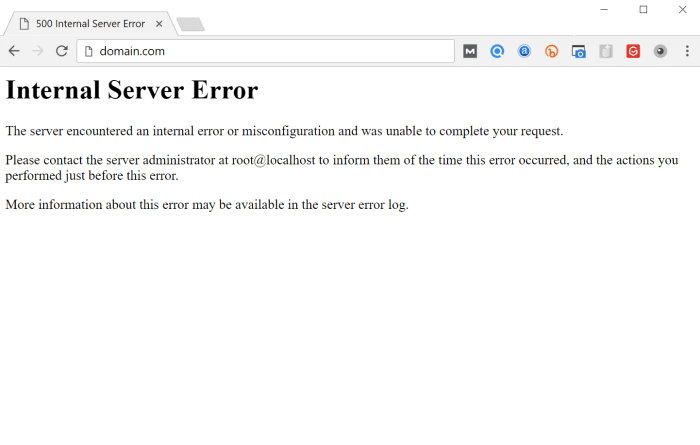Similarities between democrats and republicans – The political landscape of the United States is often characterized by a deep divide between Democrats and Republicans. However, beneath the surface of partisan rhetoric, there lie fundamental similarities that unite these two major political parties.
This essay delves into the shared values and contrasting policy positions of Democrats and Republicans, examining their respective approaches to governance, economics, social issues, foreign affairs, and political strategies.
Similarities Between Democrats and Republicans

Democrats and Republicans, the two major political parties in the United States, have distinct ideologies and policy positions. However, they share some fundamental principles and values that form the foundation of their political beliefs.
Core Values
Both Democrats and Republicans believe in the principles of democracy, individual rights, and limited government. They share a commitment to upholding the Constitution and the rule of law, protecting individual liberties, and promoting economic opportunity.
For example, both parties support the First Amendment’s protection of free speech and religion. They also agree on the importance of due process of law and the right to a fair trial.
Economic Policies
Democrats and Republicans have different approaches to economic policy, but they both share a goal of promoting economic growth and prosperity. Democrats generally favor a more active role for government in the economy, while Republicans typically support free market principles and limited government intervention.
Specific policies that Democrats have proposed include raising taxes on high-income earners, increasing the minimum wage, and expanding access to affordable healthcare. Republicans, on the other hand, have advocated for tax cuts, deregulation, and a balanced budget.
Social Policies, Similarities between democrats and republicans
Social policies are another area where Democrats and Republicans differ. Democrats tend to support a more expansive role for government in providing social welfare programs, while Republicans generally prefer a more limited approach.
For example, Democrats have supported policies such as expanding access to healthcare, increasing funding for education, and protecting reproductive rights. Republicans, on the other hand, have advocated for reducing government spending on social programs, promoting school choice, and restricting abortion.
Question Bank: Similarities Between Democrats And Republicans
What are the core values shared by Democrats and Republicans?
Both Democrats and Republicans share a commitment to democracy, individual rights, and limited government.
How do Democrats and Republicans differ in their economic policies?
Democrats generally favor a more active role for government in the economy, supporting higher taxes on the wealthy and increased social spending. Republicans, on the other hand, advocate for lower taxes and reduced government regulation.
What are the key differences in the social policies supported by Democrats and Republicans?
Democrats tend to support policies that expand social welfare programs and promote equality, while Republicans prioritize individual responsibility and limited government intervention in social issues.


